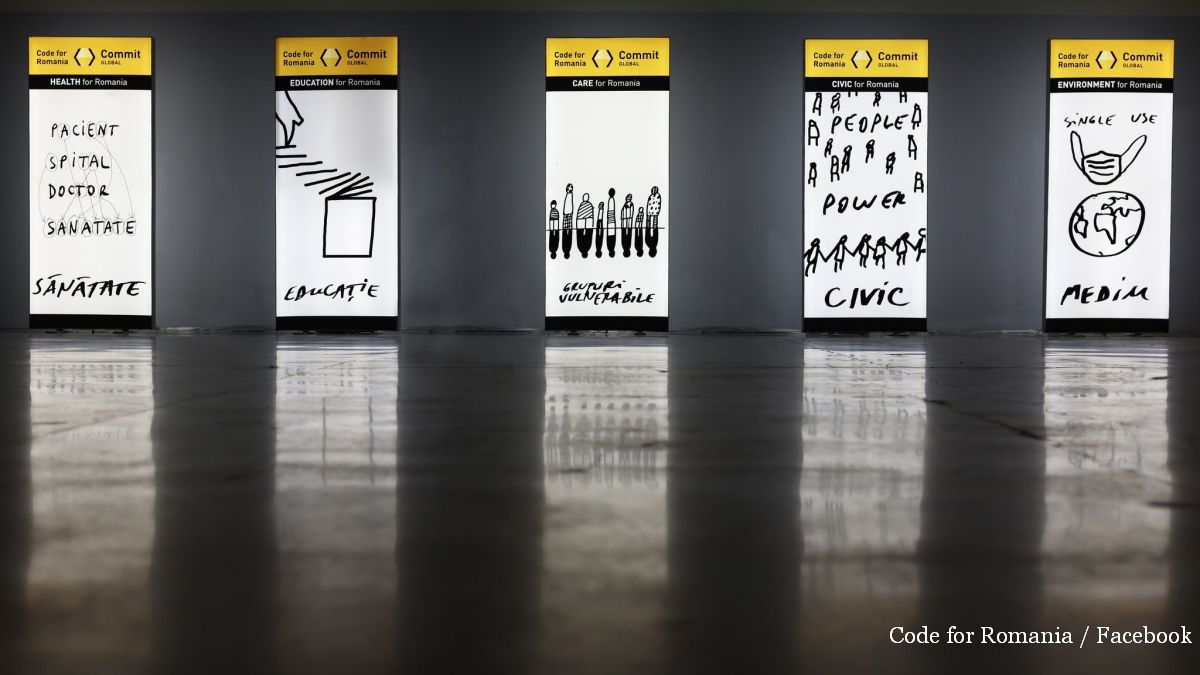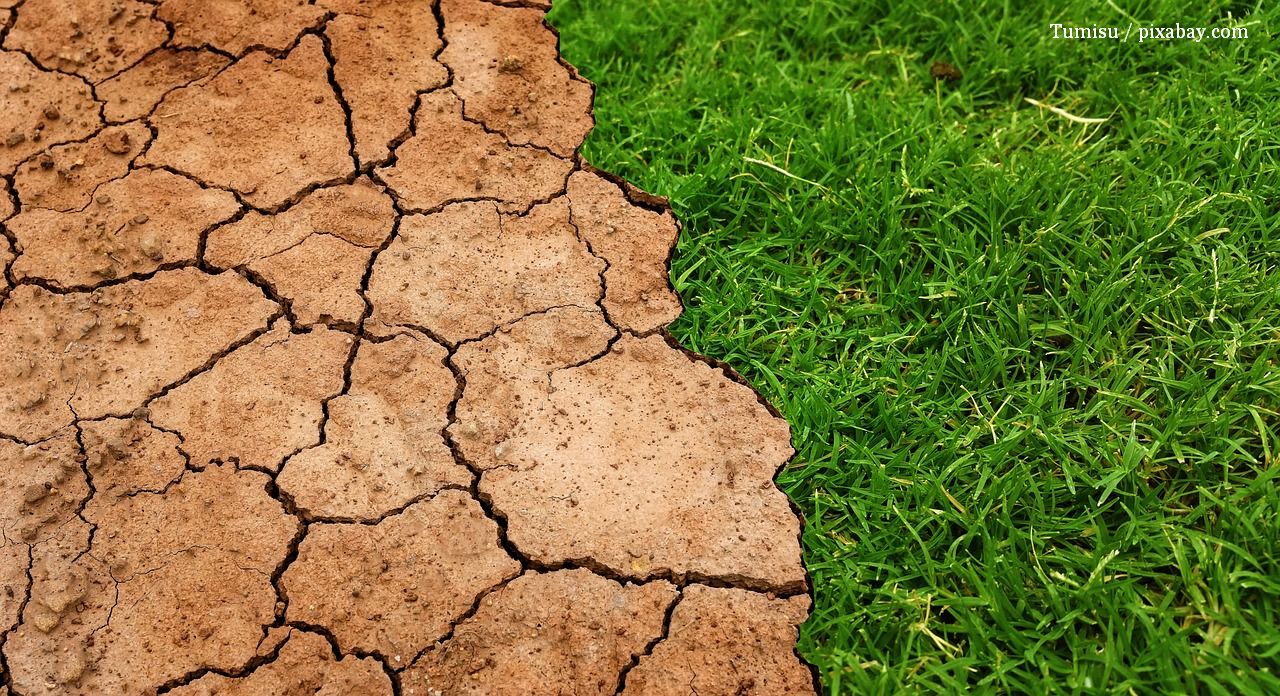The Immigrants, a Thorny Issue for the EU
The UN estimates that over 60,000 migrants have attempted to cross the Mediterranean this year, and 1,800 of them died when their overcrowded and decrepit boats toppled.

România Internațional, 04.07.2015, 14:01
The UN estimates that over 60,000 migrants have attempted to cross the Mediterranean this year, and 1,800 of them died when their overcrowded and decrepit boats toppled. Ravaged by conflicts and poverty, Libya, Eritrea, Syria, Nigeria and Somalia are the main countries of origin of these migrants who strive to reach the ports of northern Africa, particularly the Libyan ones, and from there to sail to the south of Italy. This creates a lot of problems for the EU, which is barely in a position to control the causes of the phenomenon, and is reduced to struggling with its effects. The European countries bearing the brunt of this migration wave have asked the other EU members to share the burden. Joining in the appeal were the countries that receive the largest number of asylum applications, particularly Germany, which last year received a huge number of asylum seekers: 250,000.
As early as last year, when it was holding the rotating EU presidency, Italy asked for the help of the other countries, after the Lampedusa tragedy, in which thousands of people died. This April, more than 800 people, most of them illegal migrants from Libya and Syria trying to reach Europe, died in the attempt, and shortly after a similar tragedy left behind several other hundreds of victims. Convened in an emergency meeting, the EU heads of state and government decided to triple the budget for the rescue operations in the Mediterranean. It was an important first step in the joint EU action, but the true test will be to reduce the number of deaths and to create an integrated European asylum system, the UN Refugee Agency warned.
The European Commission has called on Member States to commit to the transfer of compulsory quotas of migrants. These quotas have been defined in relation to each country’s population, GDP and accommodation facilities. The proposal, supported by the countries the most exposed to migrant inflows, was not received warmly by all the others. Great Britain announced, for instance, its opposition to any imposed quota, and claimed that the distribution of immigrants across the continent is not likely to discourage subsequent waves of immigrants, who are the victims of a highly lucrative trafficking in human beings. The despair, manipulation and violence that they are subject to force them to pay huge amounts to traffickers whose business is booming, London has warned.
Specifically, the EC requested the member states, Romania included, to take over in the next two years 40,000 asylum seekers from Syria and Eritrea who have reached Italy, and to receive 20,000 refugees in the same period of time. According to Brussels, the largest number of refugees will be taken by Germany and France, and the smallest by Cyprus and Slovenia. The measure needs to be approved by the member states, which are rather reluctant to the idea. So is this plan, together with the Commission’s way of handling it, threatening to divide the EU? Iulian Chifu, head of the Conflict Prevention Centre, emphasises that this is not a plan, but merely a proposal:
“It is the decision of the member states. There are countries that say, ‘look, we have already received so far this number of immigrants, it is not fair for you to impose another number, based on my GDP and my capacity to receive them.’ It is a topic for discussion, it is not a solution to the immigrant issue. It requires the commitment of the partner states. The selection centres should be set up in Morocco, Algeria, Tunisia, Libya and Egypt, and in all the other countries that these waves of immigrants cross when going up north, and not in Europe. The shanty towns, the traffickers’ boats and the trafficking industry can only be destroyed by and jointly with the countries in this region, in northern Africa, which these people cross on their way to Europe. We, at the Conflict Prevention and Early Warning Centre, received information and issued a report stating that some of this money goes into funding the Islamic State and radical groups in Libya in a symbiotic formula which is very similar, if you remember, with what happened in Somalia with the pirates and Al-Shabab, so the radicals associated with Al Qaeda. We see the same thing here.”
Is Romania prepared to receive more than 2,000 immigrants, as the calculations indicate? Here is Maria Voica, programme coordinator with the Bucharest office of the International Organisation for Migration:
“Our experience so far with respect to receiving and the integration of the people who apply for some form of protection in Romania tells us that such a large number of people will be hard to integrate. Apart from the relatively low accommodation capacity at the moment, the fact that these people do not speak Romanian at all will require considerable effort, resources will have to be allocated for these people to be able to get a job. I don’t think we are talking about people with degrees, skills and competences, given the situation in their countries of origin and considering how hard it must be to get an education there. I find it really hard to believe that Romania will be able to cope with this number.”
This is especially true if we also keep in mind that Romania also receives refugees from Ukraine, for which there are no distribution quotas across the EU.






























